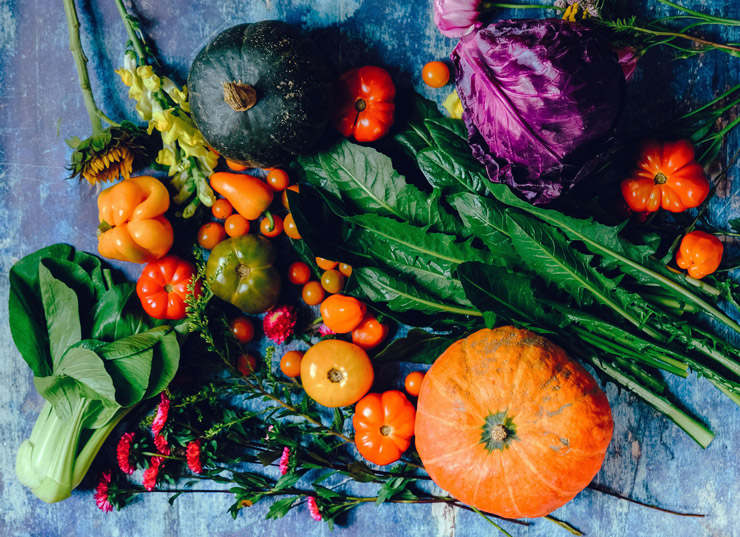
We all know that we should eat lots of veggies; here’s a rundown on 11 of the most nutrition-packed vegetables to add to your plate
—
Vegetables have long been touted as nutrient-dense foods. While an apple a day is presumed to keep the doctor away, veggies help achieve optimal health as well. Both vitamin-rich and immune-boosting, vegetables are advantageous to your health for a myriad of reasons.
Here’s an overview of some of the healthiest veggies and why you should incorporate them into your diet.
Onions
Packed with antioxidants, onions are renowned for their cancer-fighting abilities. Most beneficial when raw, uncooked onions are known to safeguard against carcinogens. The onion’s ability to thwart the formation of cancer ranks it high on the list of healthiest vegetables.
Kale
Among the leafier of greens is kale. As a powerhouse of nutrients, kale offers abundant vitamins and minerals. Both a superfood and antioxidant-rich veggie, kale helps regulate cholesterol and restore vitamin C levels.
Broccoli
Broccoli has occasionally gotten a bad rap over the years for bitter taste and a stringy texture in the stalks, but this vegetable’s unappealing qualities pale in comparison to its numerous health benefits. Much like onions, broccoli is hallmarked for its cancer-fighting antioxidants. Moreover, studies reveal that broccoli is wildly effective in preventing various types of chronic disease.
Garlic
Though some people find garlic off-putting, its strong smell and taste are evidence of this veggie’s potency. Used by ancient Chinese and Egyptians, garlic’s ability to stand the test of time bespeaks its effectiveness. Not only does garlic promote heart health, but it also helps regulate blood sugar levels. Ongoing research indicates that garlic is yet another anti-cancer agent.
Spinach
Take a leaf out of Popeye’s playbook and consider implementing spinach into your everyday diet. Rife with carotenoids, spinach provides both vitamin A and K. Ideal for those with high blood pressure, spinach is rich with beta-carotene and lutein, two elements that encourage heart health.
Beets
Beets, beets, the magical vegetable. Lutein, a carotenoid found in beets, helps protect the eyes. While the veggie itself is nutritious, beet greens are full of nourishment as well. Not surprisingly, beets contain rich antioxidants, making them the quintessential vegetable.
Peas
Don’t let their puny size deceive you — peas pack a considerable punch. Recognized as yet another anti-cancer veggie, peas help combat stomach cancer. Promising vitamins galore, peas are chock full of vitamin A, K, and folate.
Carrots
One cup of carrots provides over 400 percent of the daily requirement of vitamin A. Celebrated for their beta-carotene compounds, carrots help the body digest vitamins quickly. Their fast-acting powers make carrots a mighty veggie.
Ginger
Used as a natural remedy for colds, motion sickness, and countless ailments, ginger contains anti-inflammatory properties that help treat conditions such as lupus and gout. A godsend for pregnant women, ginger helps keep nausea at bay. The efficacy of ginger has become so admired that supplement manufacturers are sprinkling this vegetable into their products.
Asparagus
Exceptionally high in folate, asparagus has the incredible ability to inhibit congenital disabilities. Most prominently known for its vitamins and minerals, asparagus meets vitamin K, selenium, and riboflavin needs. Moreover, asparagus rids the body of toxins which in turn bolsters liver health.
Sweet Potatoes
One of the tastier vegetables on the market, sweet potatoes are as nutritious as they are delicious. Known to reduce bad cholesterol and stabilize blood sugar levels, sweet potatoes provide an anti-diabetic effect.
If you want even more veggie nutrition, consider adding whole foods-based supplements to your diet, such as those from Nutrifusion.
You may also enjoy reading How Food Heals: Understanding Nutritional Therapy, by Rachel O’Conner.